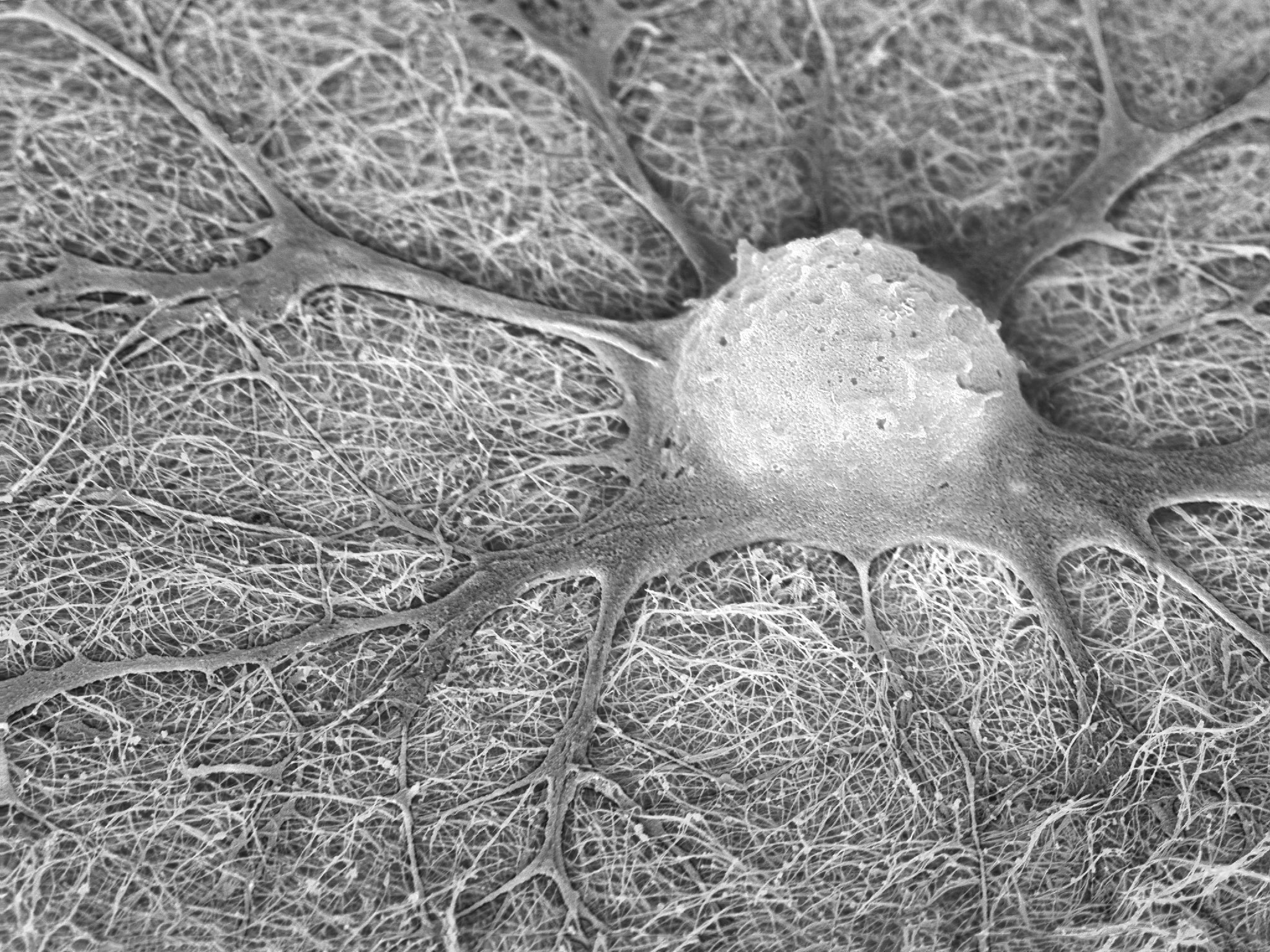ISSCR News

The ISSCR Launches Roadmap for Developing Pluripotent Stem Cell-Derived Therapies
New Guidance Aims to Enhance the Translation of Cell Therapies
The International Society for Stem Cell Research (ISSCR) is proud to announce the release of Best Practices for the Development of Pluripotent Stem Cell-Derived Cellular Therapies, a comprehensive new resource designed to accelerate the translation of human pluripotent stem cell (PSC)-derived therapies into clinical trials and commercial use.
Developed by leading international experts in cell therapy, this groundbreaking document outlines the key principles and decision points required to develop safe, effective, and regulatory compliant PSC-derived products. Organized into seven sections, the guidance offers jurisdictionally neutral information on topics ranging from PSC line selection and raw material use to regulatory considerations, preclinical studies, and clinical trials.

ISSCR Remembers Sir John Gurdon
The International Society for Stem Cell Research (ISSCR) joins the global scientific community in mourning the loss of Nobel Laureate Professor Sir John Gurdon, whose visionary discoveries forever changed our understanding of biology and inspired generations of scientists around the world.
Professor Gurdon’s pioneering nuclear transfer experiments in frogs answered one of the most fundamental questions in biology, whether specialized cells retain the full genetic blueprint of life. His landmark demonstration that the nucleus of a mature cell could direct the development of an entire organism laid the foundation for fundamental advances in stem cell science.

Stem Cell Reports Welcomes New Members to Its Editorial Board
Expanding the depth and breadth of scientific expertise that defines Stem Cell Reports, the official journal of the International Society for Stem Cell Research, 13 distinguished researchers have joined the Editorial Board. Their appointment broadens representation across the diverse and international landscape of stem cell science and reinforces the Board’s commitment to championing the journal, raising its global visibility, and ensuring rigorous, high-quality peer review.

The ISSCR Joins Letter Expressing Concerns Regarding Executive Order on Federal Grantmaking
The ISSCR joined more than 50 scientific societies to send a letter to U.S. congressional leaders expressing concerns over provisions in the recent Executive Order (EO) titled “Improving Oversight of Federal Grantmaking.” The letter details how E.O. provisions threaten the long-standing merit-based peer review system that has been the gold standard for supporting cutting-edge research and driving technological innovation. Provisions the letter highlights include those on shifting the review and selection of research awards to political appointees, expansion of “termination for convenience” authority over awarded grants, vague language regarding repeat grant recipients, and the prioritization of institutions with the lowest indirect cost rates. The letter urges Congress to provide necessary oversight at scientific agencies to prevent potentially significant damage to the federal scientific grantmaking process.

Kidney Organoid Unlocks Genetic Cause of Chronic Kidney Disease
Chronic kidney disease (CKD) affects more than 700 million people worldwide and is caused by genetic and environmental factors, as well as existing medical conditions. Known genetic risk factors for CKD include mutations in a gene called APOL1. These are rare in most populations, but two risk variants are present in as much as 13 percent of people with West African origin and another 38% possess one copy (carriers). The causes for APOL1-mediated kidney disease (AMKD) are currently not well understood, and treatments are lacking.

Receive ISSCR Press Releases
Sign up be a part of ISSCR’s media list. Media Contact: Kym Kilbourne, Director of Media and Strategic Communications
Subscribe to ISSCR News.
Each month, ISSCR delivers scientific, policy, and community to your inbox .
